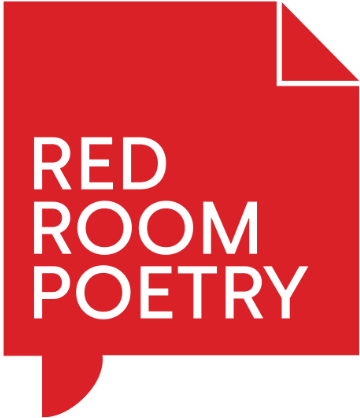Moongalba
By Judith Rodriguez
Place holds the people. They wander, making a life – place is inside them,
staking its claims, reserving its treasures.
What place? Maybe the space by a mother, between her bed and the wall. Or the backyards of a childhood. It may be an endless plain with its secrets for living.
For Oodgeroo, the green island in the sea’s embrace, Mudjerribah miscalled Stradbroke. The grove Moongalba, miscalled Myora for the length of a colonial season.
Mother, worker, activist, time remakes her, elder and teacher in the Sitting Down Place, Moongalba.
The claims of place: find me, recover the old ways. In the finding, the gift: generations, voices longed for, patha of old retraced, surprising radiance of then-new skies.
The girl named for paperbark outlives the cities and honours, outlives anger. Her work, words that outlive even injustice.
Oodgeroo gathers lore from the bush thickets, from the tellers of tales, from a childhood remembered. At the Sitting Down Place she rears tree-trunks figured with carpet-snake, her father’s clan; builds a Round House, a shelter to welcome people.
A place can be offered and received.
Here in the Round House the children sit, a ferry-trip from home. And tourists, wondering. The gift of place is set out, the food of life: landscape the city supplanted, laws of the land before streets, greetings at the gathering of peoples.
Her always simple words:
Tell them of brown kids picked on
Tell them of confidence gone
Of lives and language taken
Of anger awakened
But, more,
To care for creatures of foot fin and wing
Cherish the bush that greens our wandering
Together no matter the colour of the face
make of our meetings a special place,
Moongalba
